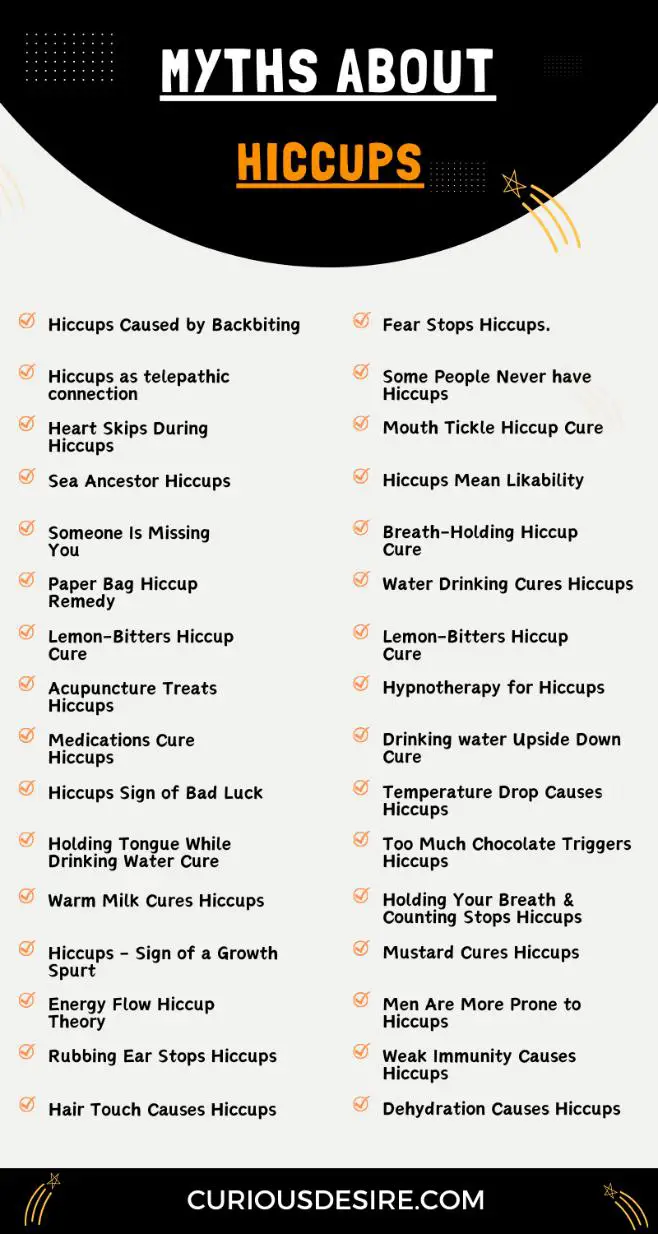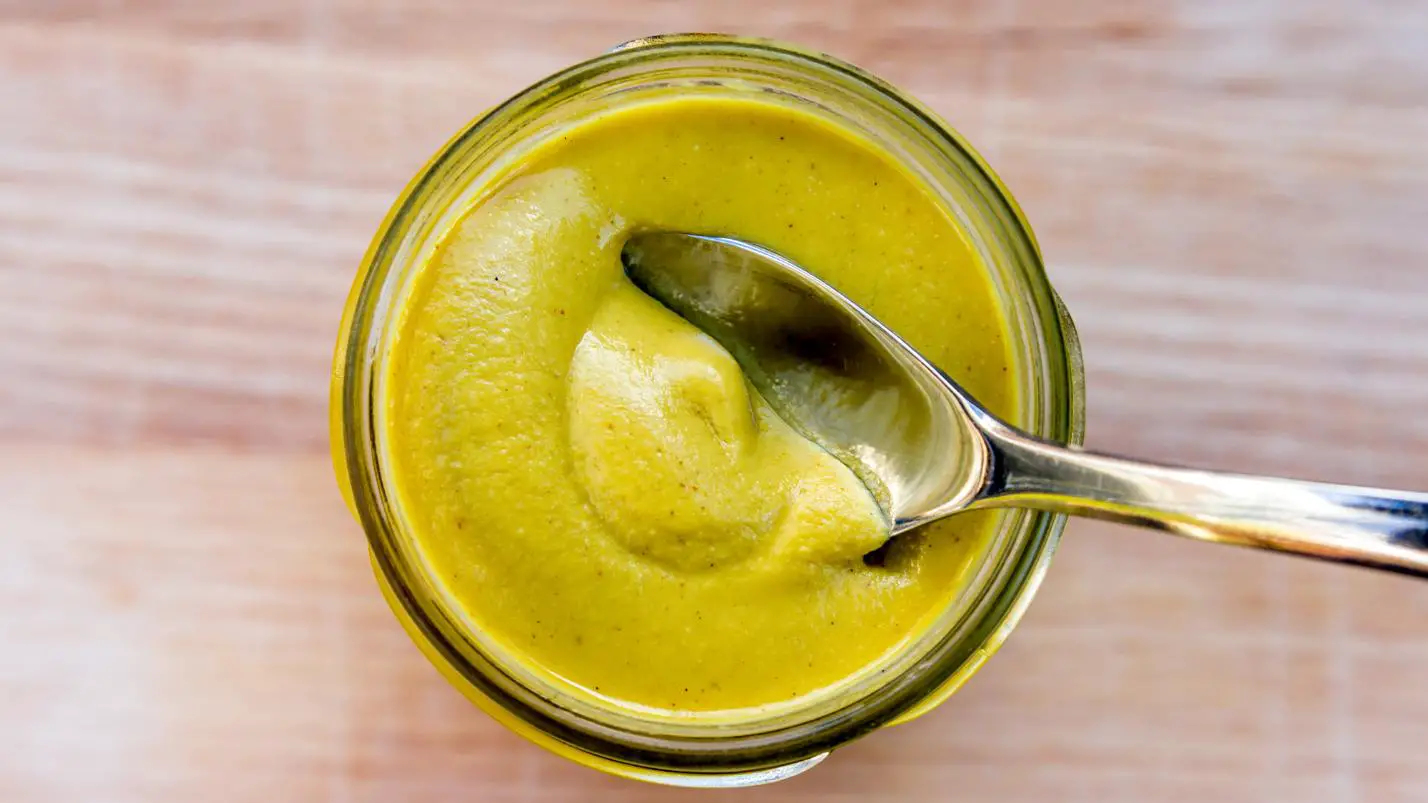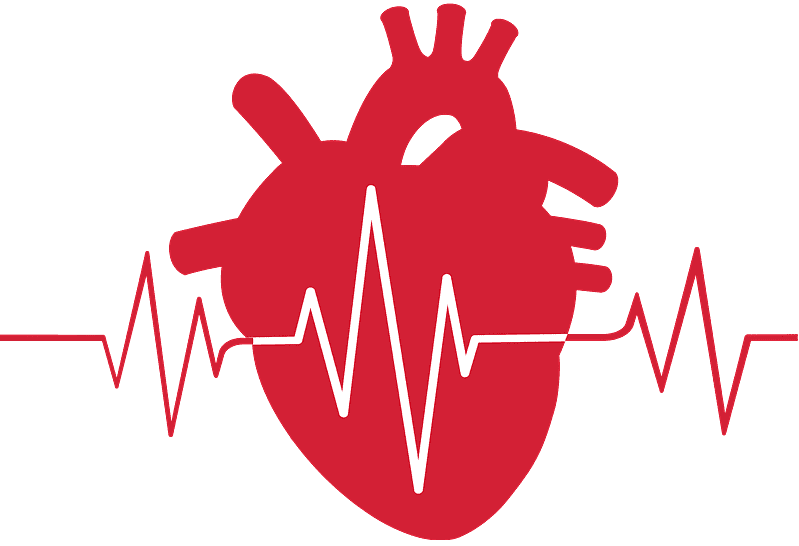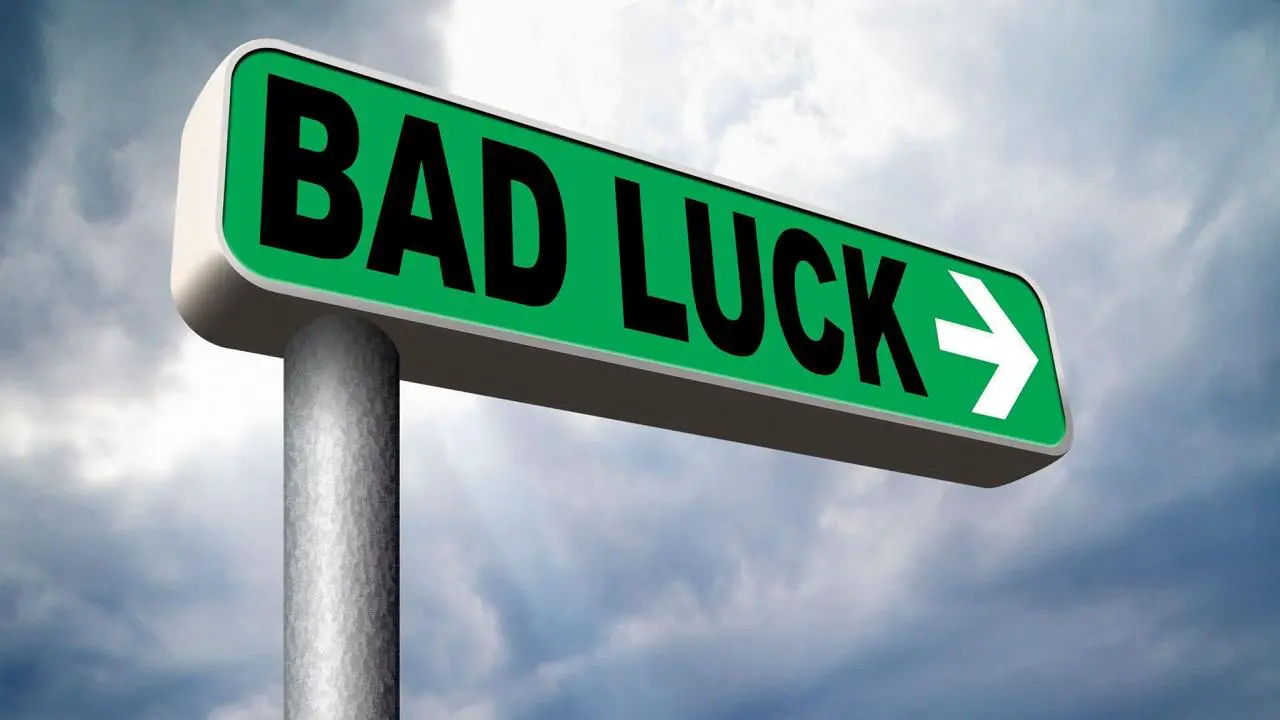Hiccups, those funny sounds we make when our stomach muscles tighten suddenly, have led to various ideas about what causes them and how to stop them.
These ideas, often called myths, have been around for a long time.
Today, we’re going to debunk some of these myths to give you a better understanding of hiccups.
Here are the top 5 myths about hiccups:
- Being Scared or Holding Your Breath Can Stop Hiccups.
- Each Hiccup Causes Your Heart to Skip a Beat.
- Tickling the Roof of Your Mouth Can Halt Hiccups.
- Heightened Emotions and Excitement Can Cause Hiccups.
- Hiccups Are Caused by Ancient Sea-Dwelling Ancestors.
[toc]

Myth 1: Hiccups Are Caused by Someone Speaking Negatively About You
Why This Myth Exists:
In some cultures, there’s a strong belief in the power of words and their influence on a person’s well-being.
This belief may have contributed to the idea that negative words could manifest physically, such as in the form of hiccups.
Debunking the Myth:
In reality, hiccups have a physiological basis, often triggered by irritation of the diaphragm or its controlling nerves.
Scientifically, there’s no evidence supporting the notion that external words, be they positive or negative, influence the occurrence of hiccups. Hiccups operate independently, unaffected by external speech.
Myth 2: Being Scared Can Stop Hiccups
Why This Myth Exists:
Personal anecdotes and stories of individuals experiencing a cessation of hiccups after a frightful event contribute to this myth.
When someone remembers a time when being scared seemed to make their hiccups go away, it makes them believe it even more.
Debunking the Myth:
Despite its prevalence, studies have found these methods largely ineffective. The hiccup reflex is more intricate than a simple reaction to external stimuli, and scaring someone does not reliably cure hiccups.

Myth 3: Hiccups Occur When Someone Is Thinking About You
Why This Myth Exists:
Some cultures believe in an energetic or spiritual connection between people.
In this context, hiccups might be seen as a sign that someone, especially the person experiencing the hiccups, is being energetically or spiritually thought about by someone else.
Debunking the Myth:
While charming idea it is, there’s no scientific evidence supporting the idea that thoughts or emotions can directly cause hiccups.
Myth 4: Some People Never Experience Hiccups
Why This Myth Exists:
Individuals may remember instances where they did not experience hiccups more vividly than times when they did.
This selective memory can contribute to the belief that some people never hiccup.
Likewise, hearing others claim they never experience hiccups may influence an individual’s perception.
They might adopt this belief based on the experiences shared by those around them.
Debunking the Myth:
Hiccups are a common and natural physiological response that can happen to anyone. Scientifically, there is no evidence to support the idea that some individuals are entirely immune to hiccups.
Even if someone experiences hiccups infrequently, it doesn’t mean they are exempt from ever having them. Hiccups can be triggered by various factors, and their occurrence is not solely determined by individual characteristics.
It’s crucial to understand that hiccups are a normal part of the human experience, and virtually everyone is susceptible to them at some point.
Myth 5: Each Hiccup Causes Your Heart to Skip a Beat
When someone experiences a hiccup, they may feel a momentary sensation or fluttering in the chest.
This sensation, while unrelated to the heart, might be misinterpreted as a skipped heartbeat.
Debunking the Myth:
Myth 6: Tickling the Roof of Your Mouth Can Halt Hiccups
Why This Myth Exists:
The myth that tickling the roof of your mouth can halt hiccups exists due to a unique belief in the power of nerve stimulation.
Advocates of this method suggest that by tickling the roof of the mouth, you may activate the vagus nerve, a key player in the body’s autonomic nervous system.
The idea is that stimulating the vagus nerve can interrupt the hiccup reflex and bring relief.
Debunking the Myth:
The myth that tickling the roof of your mouth can halt hiccups is not scientifically supported.
While it’s true that the vagus nerve is involved in various bodily functions, there is limited evidence to suggest that tickling the roof of the mouth consistently stimulates this nerve enough to interrupt the hiccup reflex.
While distraction techniques, such as tickling the roof of the mouth, might work for some individuals, not for everyone.
Myth 7: Hiccups Are Caused by Ancient Sea-Dwelling Ancestors
Why This Myth Exists:
This notion might stem from an attempt to explain hiccups through an evolutionary lens.
The idea could be that hiccups are a vestigial trait, a remnant from an earlier stage of evolution when our ancestors had aquatic or amphibious lifestyles.
Debunking the Myth:
People tend to create imaginative stories or myths to provide meaning to natural occurrences that may otherwise seem random or unexplained.
The idea of attributing hiccups to a connection with distant, aquatic ancestors adds a touch of fantasy and intrigue to the experience, making it a more captivating story.
However, it’s important to note that there is no scientific basis for hiccups being linked to ancient sea-dwelling ancestors.
Myth 8: Experiencing Hiccups Means You Are Truly Liked
Why This Myth Exists:
Hiccups are often associated with laughter or joy, and when someone is well-liked or in a happy social situation, they may experience hiccups.
Over time, this positive association could contribute to the belief that hiccups indicate being liked.
Debunking the Myth:
Throughout history, various cultures have ascribed meaning to ordinary occurrences, often tying them to relationships, emotions, or social dynamics.
However, this myth lacks any scientific basis and is more likely a cultural or anecdotal belief.
Myth 9: Hiccups Might Occur Because Someone Is Missing You
Why This Myth Exists:
Cultural stories and superstitions often attribute physical phenomena to emotional or supernatural causes.
The myth might have originated from such beliefs, where hiccups are seen as a sign of someone’s thoughts or feelings.
Debunking the Myth:
Hiccups can be triggered by a wide range of factors, and their occurrence varies among individuals.
While emotional states can influence bodily functions, the direct correlation between hiccups and someone missing you is not supported by scientific understanding.
Myth 22: Hiccups Are a Result of Eating Too Much Chocolate
Why This Myth Exists:
People might think eating too much chocolate causes hiccups because of stories they hear from their community or friends.
When others share their experiences or warn about it, it can make individuals believe that there’s a connection between eating a lot of chocolate and getting hiccups.
Debunking the Myth:
Eating too much chocolate is not a direct cause of hiccups for most people. While some individuals might experience hiccups after consuming chocolate, it’s not a universal trigger.
The belief that chocolate always causes hiccups is often based on stories or anecdotes rather than scientific evidence.
In reality, hiccups are more commonly linked with various other factors unrelated to chocolate.
Myth 23: Drinking a Glass of Warm Milk Will Cure Hiccups
Why This Myth Exists:
Certain cultures and traditions have long associated warm milk with relaxation and calming effects.
This cultural association may lead people to believe that the warmth of the milk can extend its benefits to alleviating hiccups.
Debunking the Myth:
While warm milk may provide a soothing experience, its direct impact on the hiccup reflex is not well-established, as with hiccups being caused by involuntary contractions of the diaphragm.
Remedies like warm milk are more likely to be effective due to their psychological or placebo effects rather than a direct physiological influence on hiccups
Myth 24: Holding Your Breath and Counting to Ten Will Stop Hiccups
Why This Myth Exists:
Holding one’s breath and counting to ten is a controlled breathing technique.
The belief in its effectiveness for stopping hiccups may stem from the idea that altering breathing patterns can influence the diaphragm, which is the muscle responsible for hiccups.
Debunking the Myth:
The natural course of hiccups, which often resolves on its own, may coincide with the timing of attempting this remedy, leading to a perceived success that reinforces the belief.
Likewise, scientifically, the act of holding one’s breath and counting is more likely to be a distraction technique rather than a direct influence on the hiccup reflex.
Myth 25. Hiccups Are a Sign of a Growth Spurt
Why This Myth Exists:
Hiccups may coincidentally occur during growth spurts, especially in children and adolescents.
The correlation between hiccups and periods of rapid physical development might lead to the belief that hiccups are indicative of a growth spurt.
Debunking the Myth:
The myth likely stems from cultural beliefs, old wives’ tales, and anecdotal associations rather than concrete scientific evidence.
Growth spurts involve complex physiological processes related to changes in height and development, and hiccups are not considered reliable or meaningful signals of these events.
Myth 26: Eating a Teaspoon of Mustard Will Stop Hiccups
Why This Myth Exists:
The myth that eating a teaspoon of mustard will stop hiccups is a home remedy based on the belief that the strong flavor or composition of mustard can interrupt the hiccup reflex.
Debunking the Myth:
While some individuals may report temporary relief from hiccups after consuming mustard, the effectiveness of this remedy is not consistently demonstrated.
Remedies like eating mustard are more likely to be effective due to their psychological or placebo effects rather than a direct physiological influence on hiccups.
The spicy or strong taste of mustard may serve as a distraction, prompting individuals to focus on the taste rather than the hiccup reflex.

Myth 27: Disruption in Your Energy Flow Causes Hiccups
Why This Myth Exists:
Some traditional medicine systems, particularly those rooted in concepts like energy flow, meridians, or vital life force, propose that disturbances in these energy pathways can lead to various health issues, including hiccups.
Debunking the Myth:
The idea is rooted in ancient beliefs and practices that view the body as a complex system of energy flows.
From a scientific perspective, hiccups have a well-understood physiological basis while alternative beliefs about energy flow and disruptions persist, there is no empirical evidence supporting a direct link between hiccups and disturbances in the body’s energy flow.
Myth 28: Men Experience Hiccups More Frequently Than Women
Why This Myth Exists:
This misconception might have arisen from personal observations, confirmation bias, and cultural stereotypes.
People may have formed this belief based on selective experiences, reinforcing the idea without solid evidence.
Debunking the Myth:
Hiccups do not exhibit a gender-specific bias; they can affect individuals of any gender equally. Scientifically, there’s no evidence supporting a significant gender discrepancy in hiccup occurrence.
The frequency of hiccups is not influenced by gender-specific factors.
Myth 29: Rubbing Your Ears Can Cure Hiccups
Why This Myth Exists:
The myth that rubbing your ears can cure hiccups likely exists due to a combination of folk remedies and the belief in alternative treatments.
Ear reflexology, a practice that associates specific points on the ear with various parts of the body, may contribute to this idea.
Debunking the Myth:
The idea that rubbing your ears could directly influence this physiological response lacks scientific credibility.
Scientifically, hiccups are more likely to resolve on their own or through evidence-based remedies that target the diaphragm’s function.
The persistence of the myth could be attributed to the placebo effect, where the act of rubbing ears creates an expectation of relief, leading individuals to perceive a reduction in hiccups.
Myth 30: A Weak Immune System Causes More Hiccups
Why This Myth Exists:
There is a tendency to generalize health concepts, assuming that any disruption in the body’s normal functioning, including hiccups, must be related to the immune system. T
Debunking the Myth:
In reality, hiccups are not a direct indicator of immune system strength or weakness. Hiccups are more commonly associated with factors like irritation of the diaphragm or nerves.
While the immune system is vital for defending the body against illnesses, it doesn’t typically manifest its status through hiccups.
Myth 31: Hiccups Are Caused by Hair Touching Your Eardrum
Why This Myth Exists:
Humans often seek straightforward explanations and solutions for common issues. The idea that a minor, easily correctable factor like a hair in the ear could be responsible for hiccups aligns with the desire for simple answers.
Debunking:
While anecdotes or cultural stories might suggest a link between a hair in the ear and hiccups, such instances are more likely coincidental than causative.
Scientifically, hiccups are internal physiological events not easily influenced by external factors like the presence of hair in the ear canal.
To gain a more accurate understanding of hiccups, it’s crucial to focus on evidence-based explanations centered around the diaphragm’s role in the hiccup reflex.
Myth 32: Dehydration Causes Hiccups
Why This Myth Exists:
Dehydration can lead to throat dryness and irritation. Hiccups often involve a spasm of the diaphragm and can be accompanied by an involuntary closure of the vocal cords.
The throat irritation from dehydration might be wrongly associated with the hiccup reflex.
Debunking the Myth:
While dehydration can indeed lead to various health issues, there’s no substantial scientific evidence linking hiccups directly to dehydration.
It’s crucial to recognize that, although staying hydrated is essential for overall well-being, hiccups themselves may not serve as a reliable indicator of dehydration.
The myth might persist due to the general emphasis on the importance of maintaining proper fluid balance in the body.
Myth 33: Holding Your Nose and Drinking Water Will Stop Hiccups
Why This Myth Exists:
The myth suggests that plugging your nose and drinking water can effectively stop hiccups. It implies that this specific combination of actions interrupts the hiccup reflex and provides relief.
Debunking the Myth:
While this method might work for some individuals, its effectiveness is likely due to the act of swallowing rather than the specific combination of holding the nose and drinking water.
Additionally, the success of this method can vary widely among individuals, and it may work inconsistently.
Myth 34: Suppressed Emotion Causes Hiccups
Why This Myth Exists:
Individuals might notice hiccups occurring during or after emotionally charged situations.
While emotions can influence physiological responses, the association between suppressed emotions and hiccups might be misunderstood.
Debunking the Myth:
Scientifically, the complexity of the mind-body connection makes it challenging to pinpoint a single emotional factor as the consistent cause of hiccups.
The belief in suppressed emotion as a direct cause of hiccups may stem from observations of emotional triggers coinciding with hiccup episodes However, there is no scientific evidence to back up this logic.
Hiccups Myths FAQs
1. What are hiccups trying to tell you?
Hiccups are involuntary contractions of the diaphragm muscle followed by a sudden closure of the vocal cords, resulting in the characteristic “hic” sound.
They don’t convey a specific message but are often triggered by various factors such as eating too quickly, swallowing air, or sudden temperature changes.
2. Does having hiccups mean someone is thinking about you?
No, the idea that hiccups indicate someone is thinking about you is a myth without scientific basis. Hiccups are a common and usually harmless physiological phenomenon.
3. What is a psychological fact about hiccups?
Psychological factors like stress, excitement, or anxiety can influence the occurrence of hiccups. However, the primary causes are physiological, involving the diaphragm and the nerves that control it.
4. What is a fun fact about hiccups?
The longest recorded bout of hiccups lasted for 68 years, as documented in the case of Charles Osborne, starting in 1922 after falling while attempting to weigh a hog.
5. What is the real name for hiccups?
The scientific term for hiccups is “singultus,” derived from the Latin word “singult,” meaning a gasp or sob.
6. Is The Hiccup myth true?
No, the belief that hiccups mean someone is thinking about you lacks scientific validity. Hiccups are involuntary muscle contractions and are not influenced by external thoughts or feelings.
7. What is behaviorism hiccup?
Behaviorism, a psychological approach focusing on observable behavior and stimuli-response relationships, doesn’t specifically address hiccups. Hiccups are more often studied in the context of physiology and neurobiology.
8. What is the theory as to why the fetus has hiccups?
The exact reason why fetuses experience hiccups is not fully understood. It is thought to be related to the development of the respiratory system, as fetuses practice breathing movements in the womb.
9. Is it a myth that babies have hiccups?
No, it’s true that babies, both in the womb and during early infancy, can experience hiccups. This is considered a normal part of their development and is usually harmless.
10. What causes hiccups in a woman?
Hiccups in women are caused by the same factors as in men. They are often triggered by irritations to the diaphragm, such as swallowing air, eating too quickly, or consuming carbonated beverages.
11. Where do you feel hiccups if the baby is head down?
The location where hiccups are felt doesn’t necessarily indicate the baby’s position. Hiccups are typically felt in the lower abdomen and are a common and normal part of fetal development.
12. Does your heart stop when you hiccup or sneeze?
No, hiccups and sneezing do not stop the heart. These are reflex actions that involve different physiological processes.
13. What are hiccups a sign of?
Hiccups are usually a benign and temporary phenomenon. They can be a result of various factors such as overeating, eating too quickly, drinking carbonated beverages, or sudden changes in temperature.
14. What causes hiccups?
Hiccups are caused by involuntary contractions of the diaphragm muscle, followed by a sudden closure of the vocal cords, creating the characteristic sound.
15. Are hiccups a sign of heart problems?
Generally, no. Hiccups are usually harmless and unrelated to heart problems. However, persistent or severe hiccups may warrant medical attention to rule out underlying issues.
16. What is the evolutionary purpose of hiccups?
The exact evolutionary purpose of hiccups is unclear. Some theories suggest they may be related to the development of the respiratory system or serve as a vestigial reflex from earlier stages of evolution.
17. Why do my hiccups stop when I think of someone?
The phenomenon of hiccups stopping when you think of someone might be a distraction technique. Focusing on something else can sometimes interrupt the hiccup reflex, but this is subjective and not universally effective.


